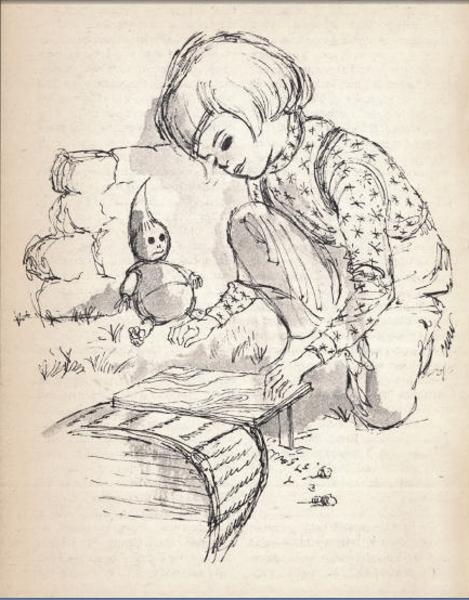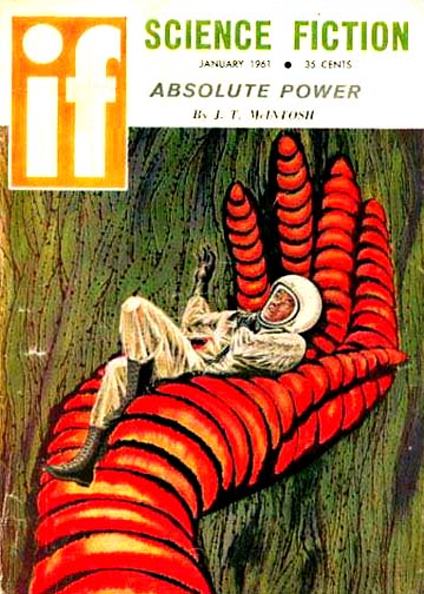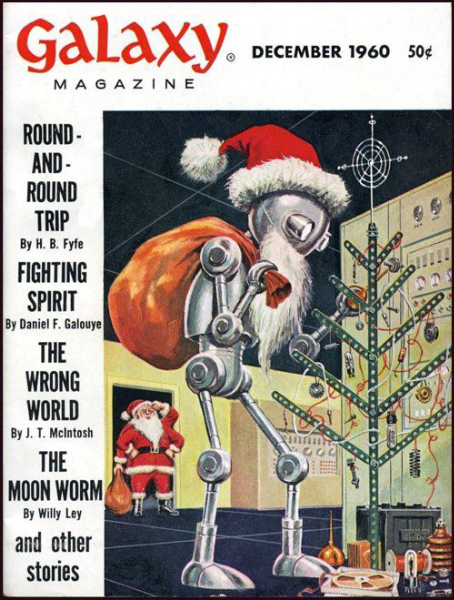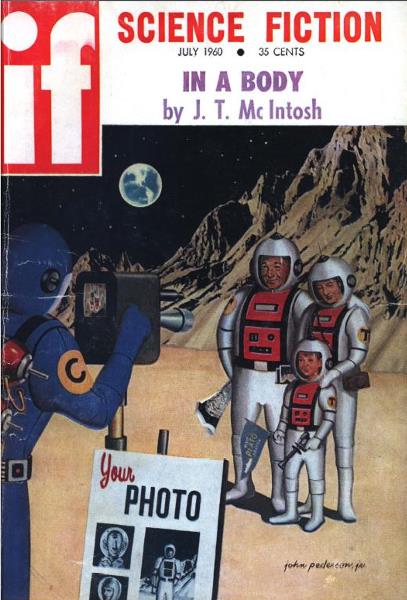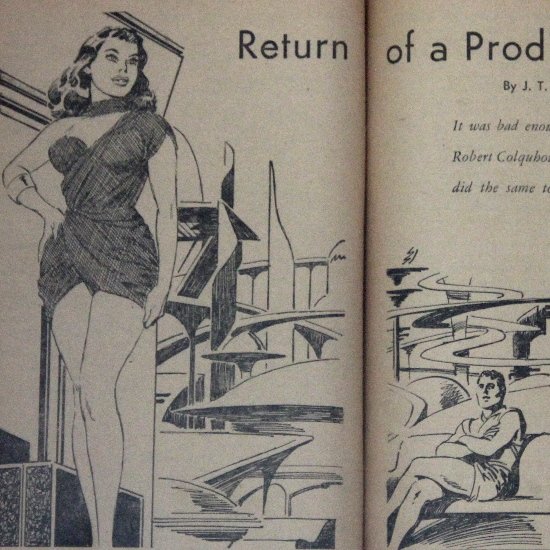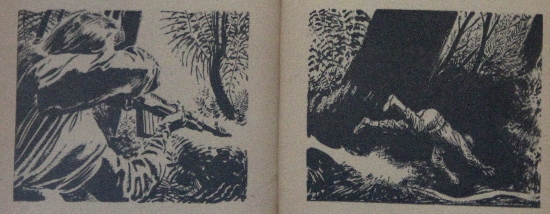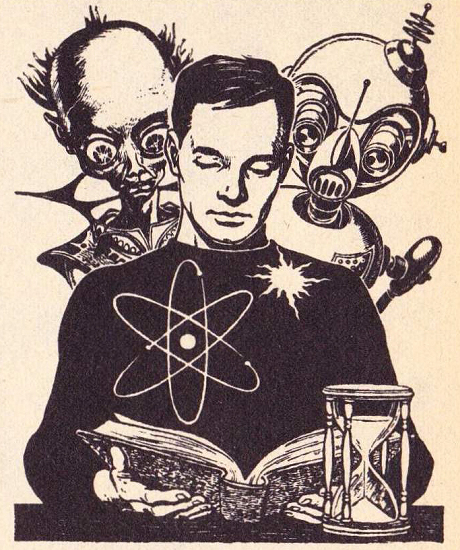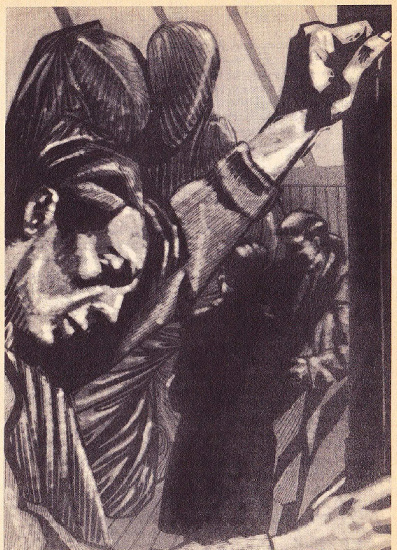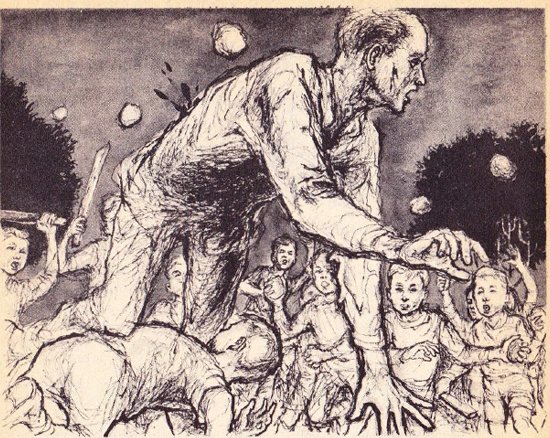Even months are my favorite.
Most science fiction digests are monthlies, but the twins run by Fred Pohl, IF and Galaxy, come out in alternating months. The latter is noteworthy for being the longest regularly published sf magazine, comprising a whopping 196 pages, so big that I need two articles to cover it. Galaxy also happens to be a personal favorite; I've read every issue since the magazine debuted in October 1950 (when it was a smaller monthly).
How does the August 1961 issue fare? Pretty good, so far!

The lead novella, The Gatekeepers, by J.T. McIntosh, portrays an interplanetary war between two worlds linked by a matter-transmission gateway. The setting is interesting and the feel of the story almost Leinsterian. There is an unpolished quality to the piece, though, which I've seen in McIntosh before, as if he dashes off pieces without a final edit when he's writing for the poorer-paying mags (Galaxy dropped its rates in '59; they may have recently gone back up). Three stars.
The whimsical Margaret St. Clair brings us Lochinvar, featuring an adorable Martian pet with the ability to neutralize anger. It's a story that had me completely sold until the abrupt, expositional ending. Did the editor (now Fred Pohl) lose the last few pages and have to reconstruct them? Was the original piece too long? Three stars.

You may remember Bill Doede from his promising first work, Jamieson, about a group of star-exiled teleports who derive their power from a surgically implanted device. The God Next Door is a sequel of sorts, its protagonist one of the prior story's teleports who flits to Alpha Centauri. There, he finds a tribe of regressed primitives, their humanity underscored by the juxtaposition of another alien, the omnipotent, incorporeal whirlwind who claims the world for his own. The plot is simple, and by all rights, it should be a mediocre story. But Doede's got a style I like, and I found myself marking four stars on my data sheet.
R.A. Lafferty's Aloys, on the other hand, about a poverty-stricken but brilliant theoretician, is not as clever as it needs to be. Lafferty's stock-in-trade is his off-beat, whimsical style. It often works, but this time, it grates rather than syncopates. Two stars.
Now for a piece on a subject near and dear to my heart. As any of my friends will tell you, I spend a lot of time lost in daydream. I think that's a trait common to many writers. My particular habit is to project myself backward in time. It's an easy game to play since so many artifacts of the past endure in the present to serve as linchpins for such fantasies.
But what if these harmless fugues aren't just flights of fancy? What if these overly real memories prove the existence of a past life…or constitute evidence of something more sinister? James Harmon's The Air of Castor Oil, is an exciting story on this topic with a good (if somewhat opaque) ending. Four stars.
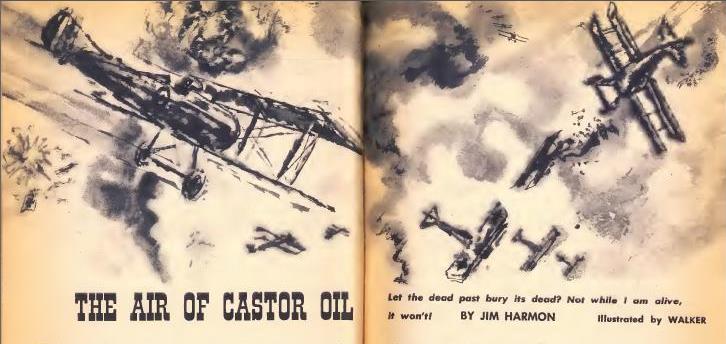
It seems that sci-fi poetry is becoming a fad, these days. Galaxy has now joined the trend, offering Sheri S. Eberhart's amusing Extraterrestrial Trilogue. A satiric, almost Carrollian piece. Four stars.
Henry Slesar is a busy young s-f writer who has been published (under one name or another) in most of the sf digests. His latest piece, The Stuff, features a man dying too young and the drug that just might salvage him a life. The twist won't surprise you, but the story is nicely executed, and the title makes sense once you've finished reading. Three stars.
Happy Independence Day, fellow Americans. I'll see you with Part II in just a few days.





